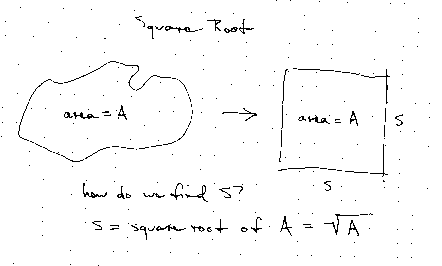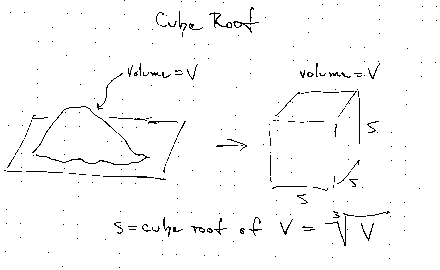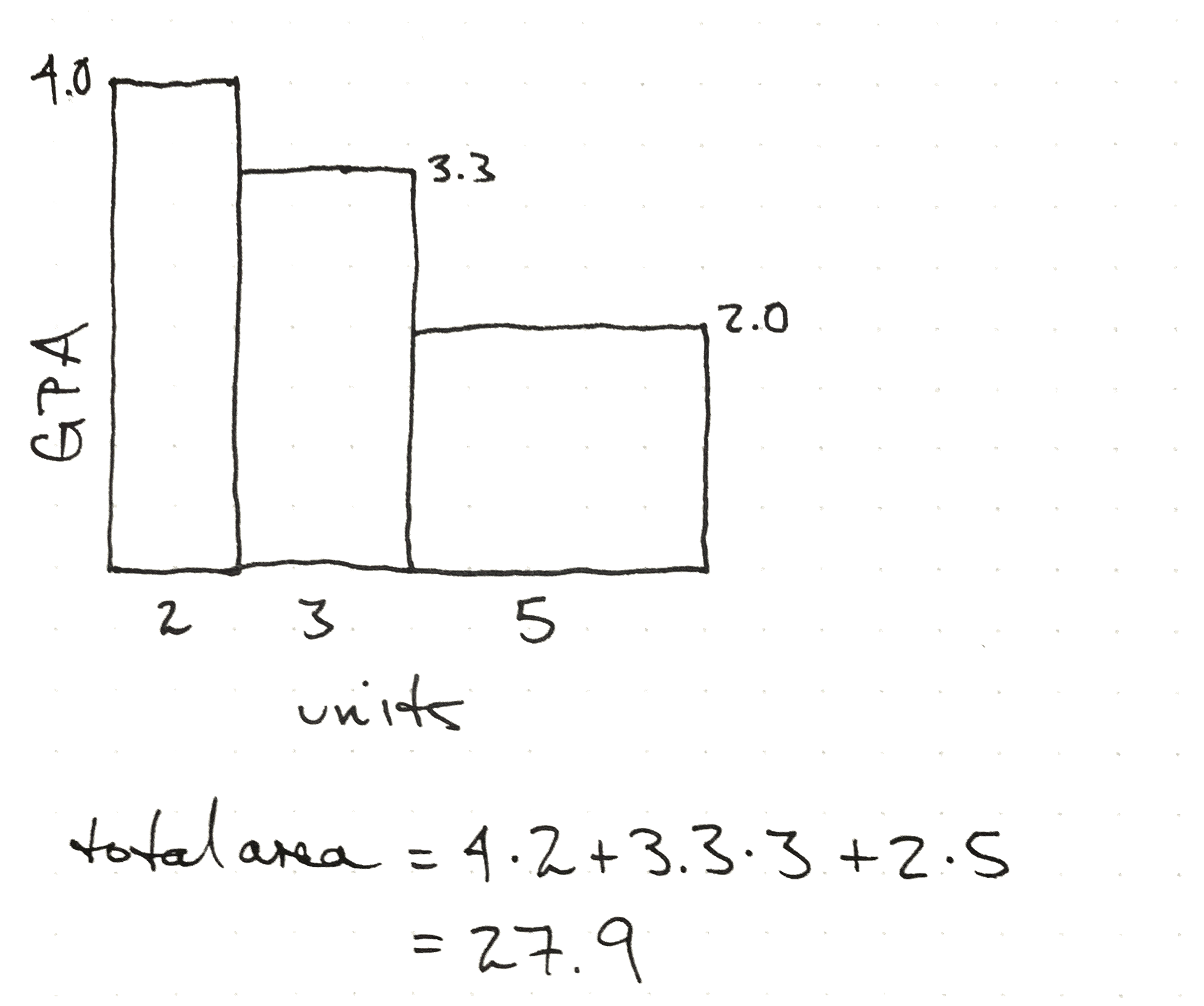It is useful to think about what it means to multiply and divide lengths, areas, and volumes.
Here are a few questions about lengths:
- What is a length times a number?
- What is a length times a length?
- What is a length divided by a number?
- What is a length divided by a length?
Here are some questions about areas:
- What is an area times a number?
- What is an area times a length?
- What is an area divided by a number?
- What is an area divided by an area?
- What is an area divided by a length?
Here are some questions about volumes:
- What is a volume times a number?
- What is a volume divided by a number?
- What is a volume divided by a length?
- What is a volume divided by an area?
- What is a volume divided by a volume?
Unit Conversion
We often need to convert between units of area and volume. When we do this, we need to look out for some common mistakes.
Dimensions
- A length is a dimension
- Area has dimensions of length squared
- Volume has dimensions of length cubed
Units
- Any two lengths multiplied is a valid unit of area
- meters squared
- inch-feet
- Any three lengths multiplied is a valid unit of volume
- meters cubed
- inch-feet-meters
- An area times a length is also a valid unit of volume
- acre-foot
- We have units of area that don’t use lengths
- acre
- We also have units of volume that don’t use lengths
- liter
- gallon
Intuition
- What is something about the volume of a milliliter?
- What is something about a liter?
- A cubic foot?
- A cubic meter?
It is useful to have a visualization of how linear conversions, area conversions, and volume conversions are related. The Rubik’s Cube is a good visualization.
If we imagine the three-by-three cube side as a yard, we can imagine each block as a foot. Then we see that there are
- 3 feet in a yard
- 9 (3 x 3) square feet in a square yard
- 27 (3 x 3 x 3) cubic feet in a cubic yard
Roots
Roots answer the question, what is the size of square or cube that I can fit a given quantity in?
Square roots
- If I have a certain area, how do I find the square that contains that area?
Square Roots

Cube roots
- If I have a volume, how do I find the cube that contains that volume?
Cube Roots

Examples of area models
GPA
The calculation of a grade point average can be thought of as an area problem.

The average is the height of a rectangle that is 10 units long, or 2.79.